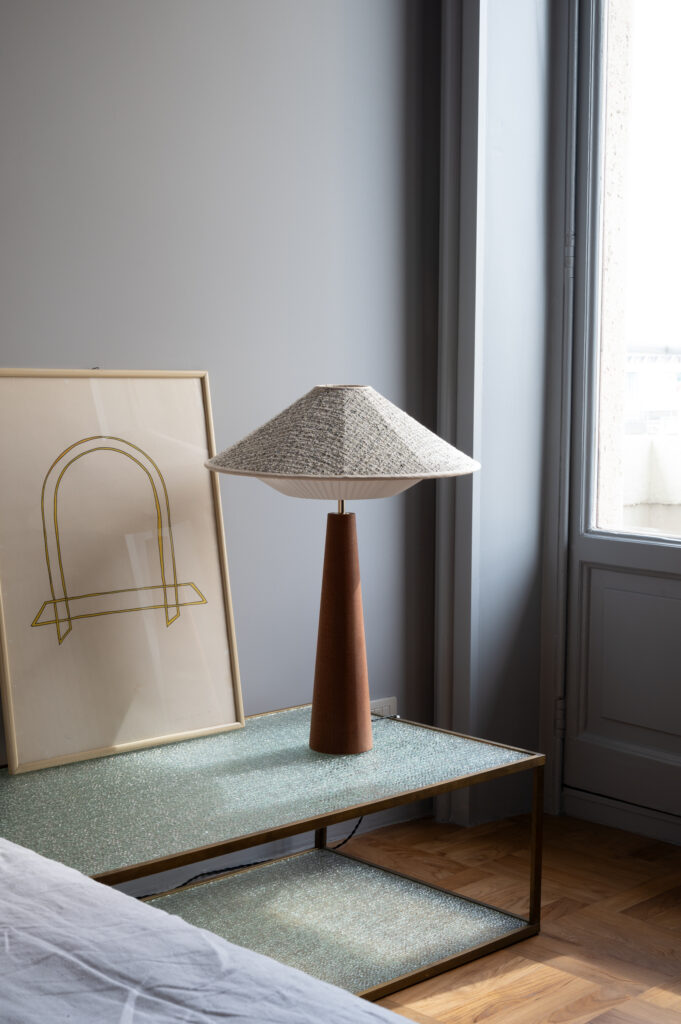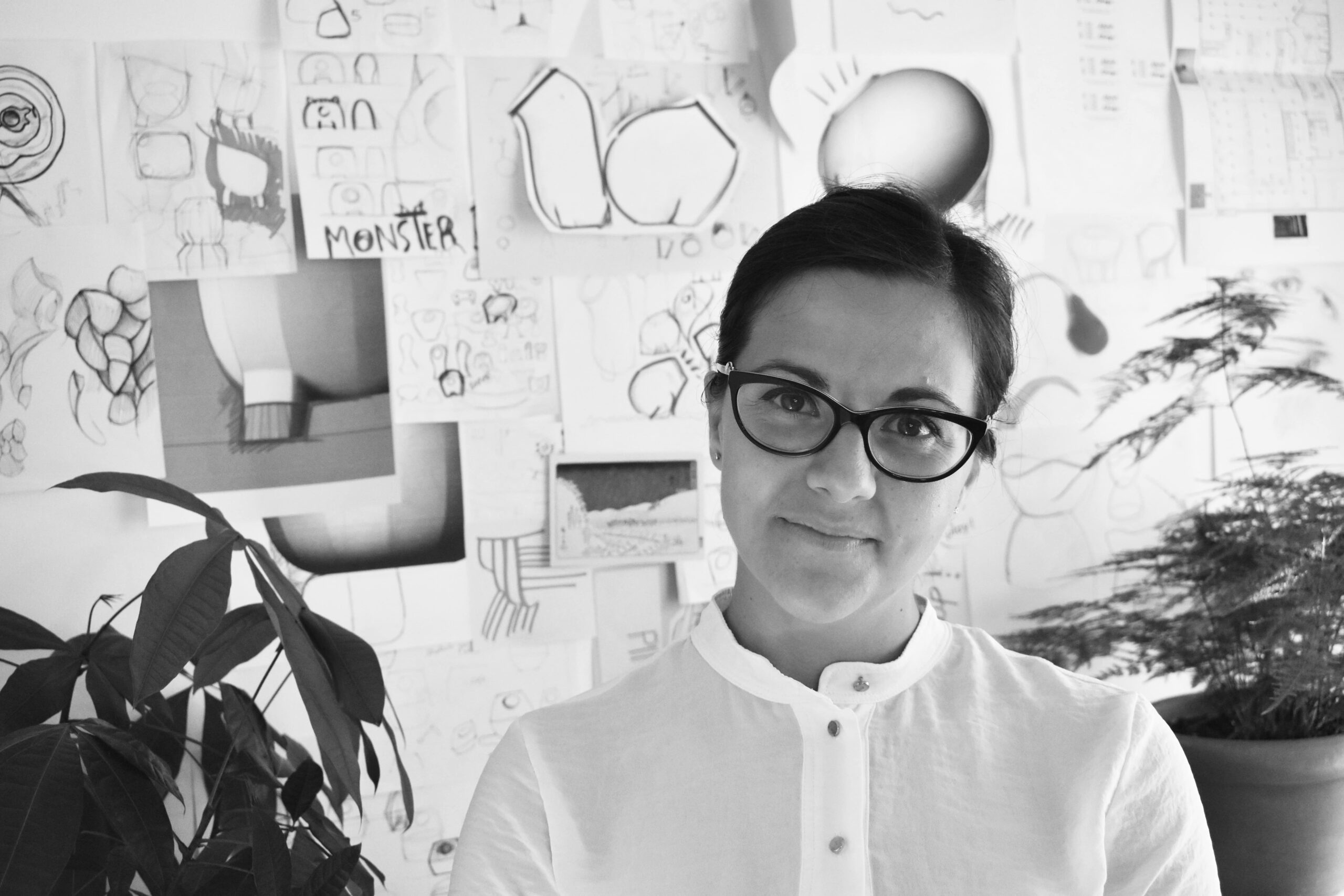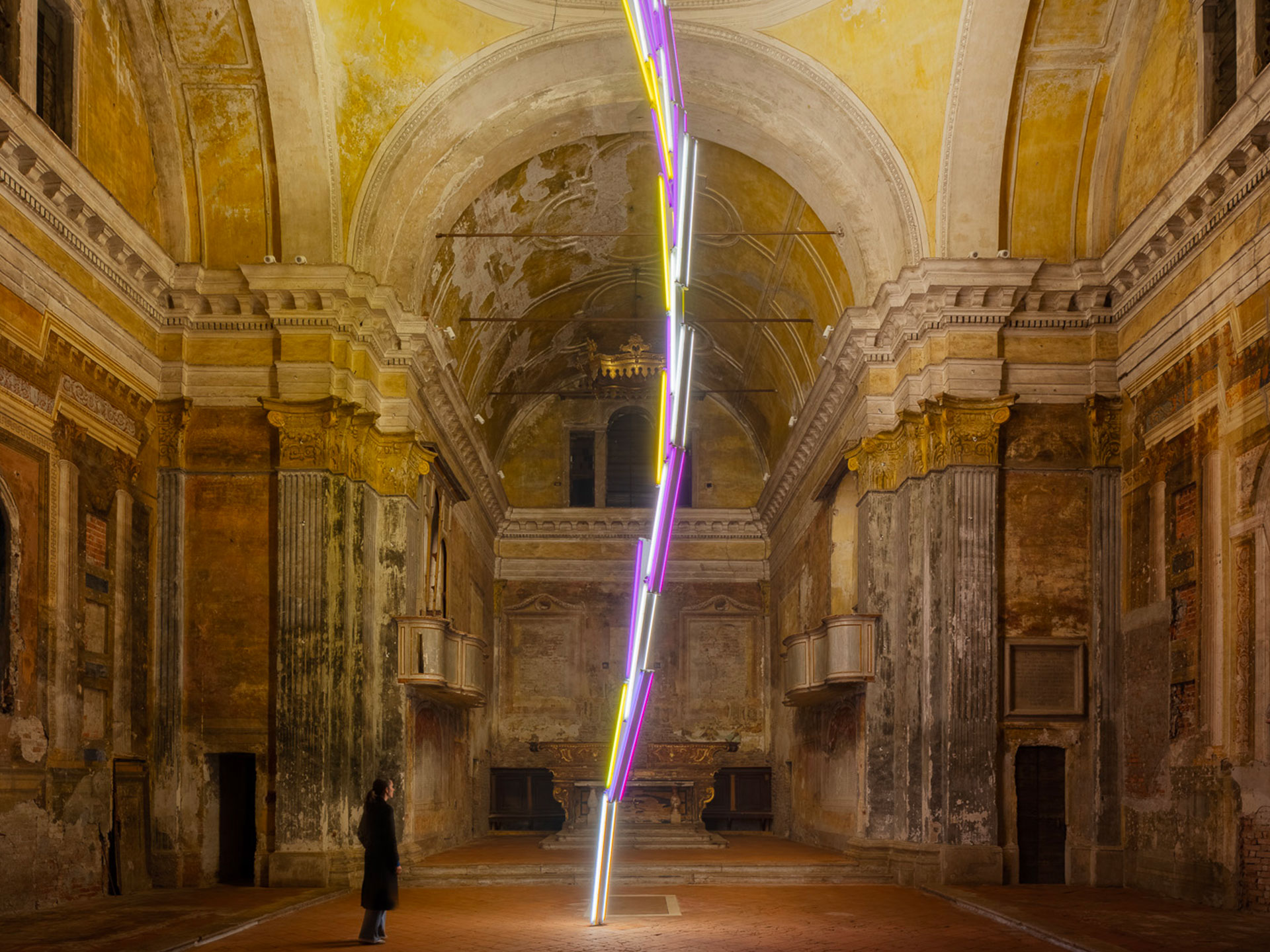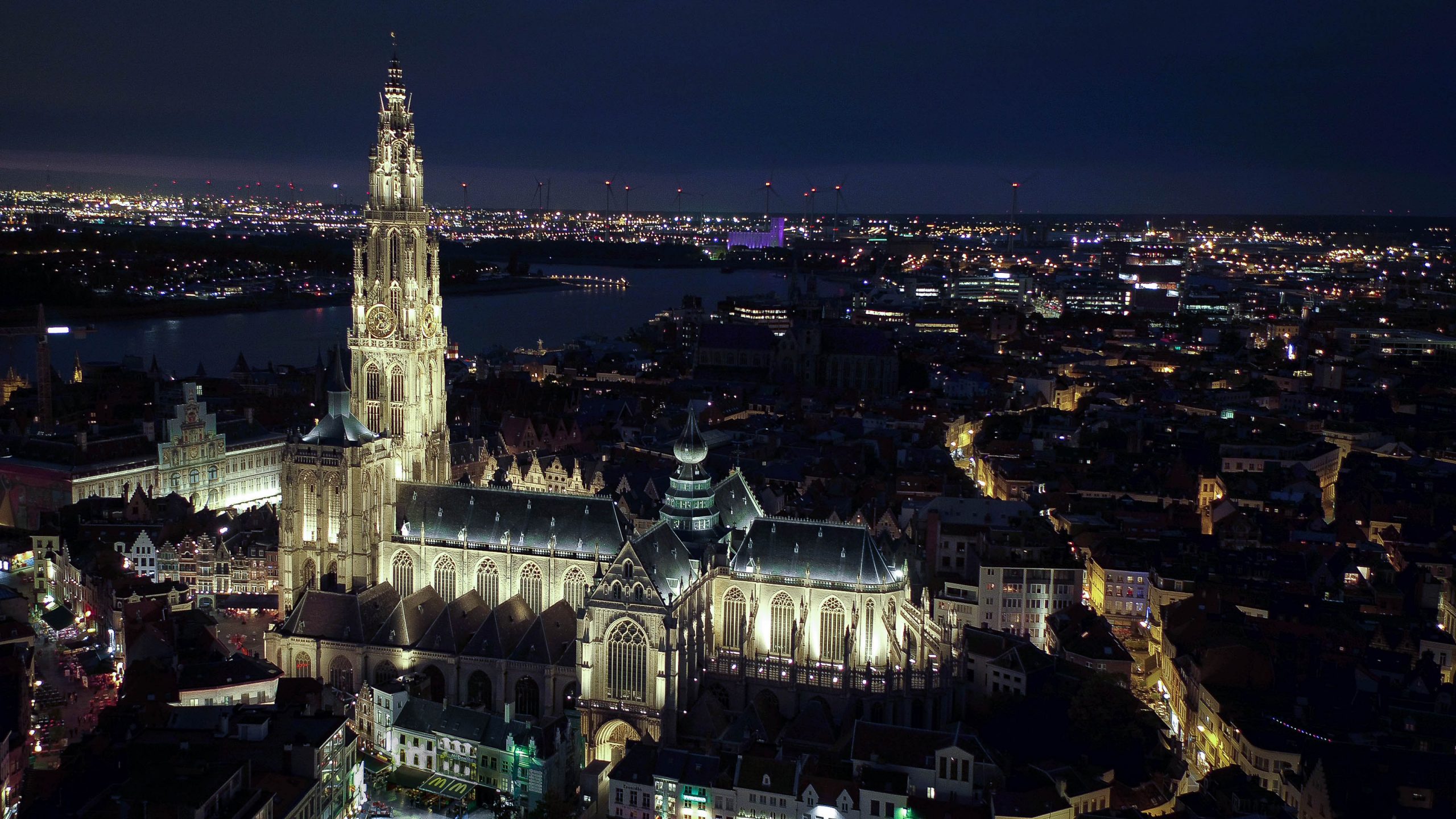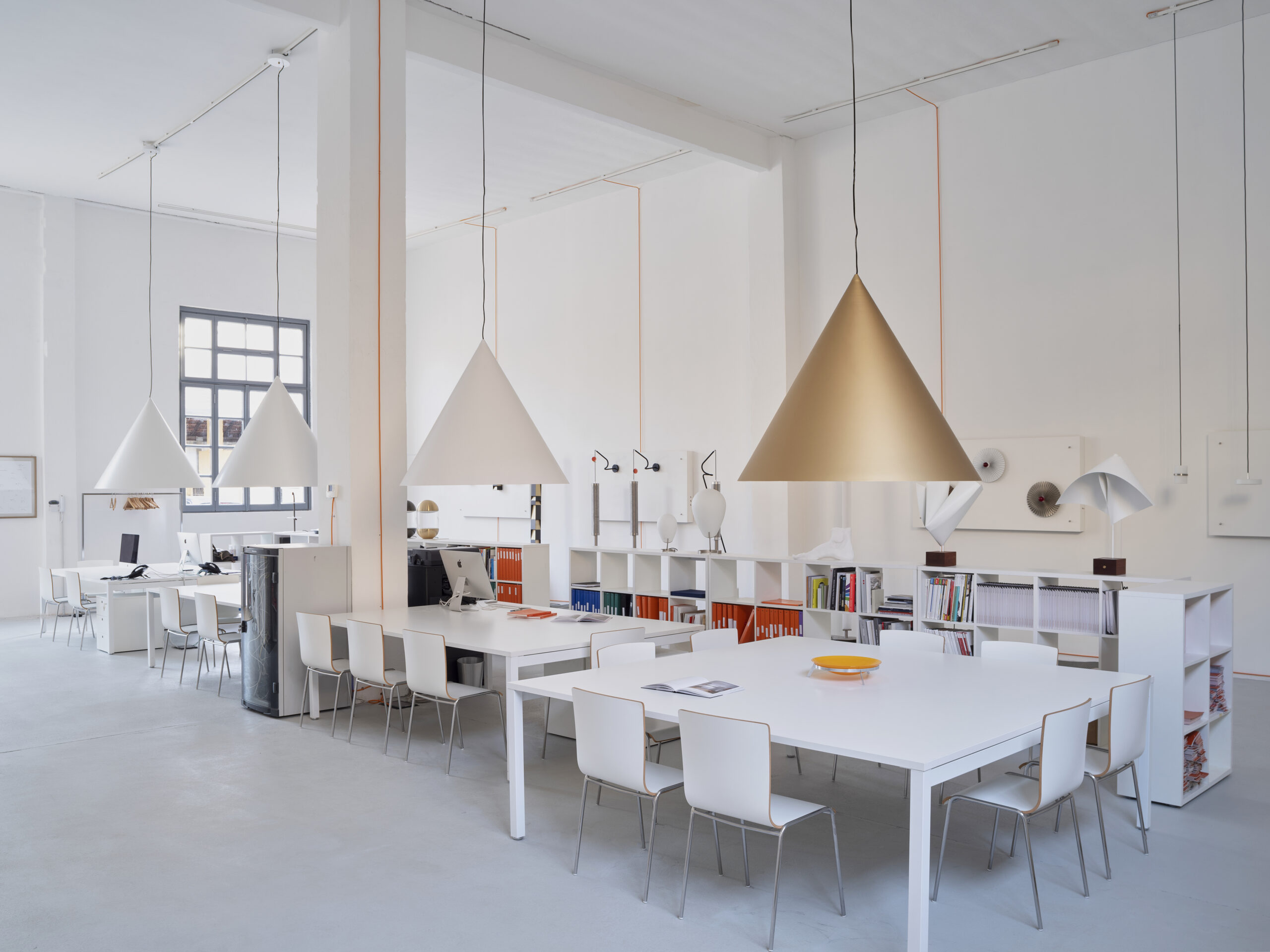Cover photo: Alessandro Poli, CEO e Art Director Servomuto, photo © Sha Ribeiro
Specializing in lighting design and operating like a high-fashion atelier, Servomuto reinterprets traditional lampshades into contemporary, refined, and vibrant creations. Founded by the eclectic graphic designer Alessandro Poli, Servomuto aims for a timeless language in design: this is realized through the meticulous crafting of Made in Italy lamps, combining noble materials and fabrics, and experimenting with unusual colours and textures. The strength of Servomuto lies in its passionately slow, handcrafted process, contrasting with large-scale industrial manufacturing. The result is an authentic, handmade, 100% Italian object – much more than just a lamp.
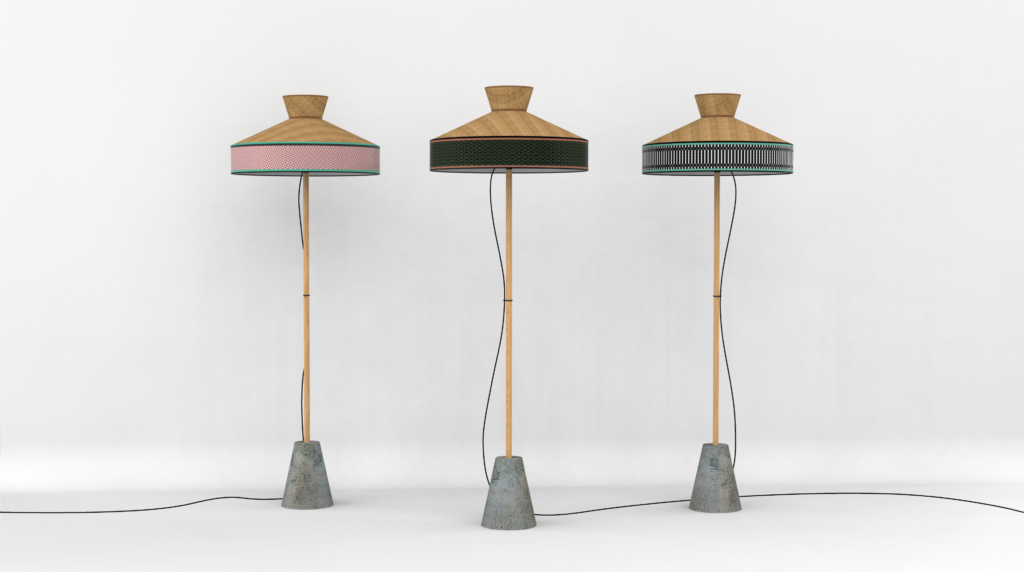
Servomuto is an intriguing name, accompanied by an equally peculiar logo – an enigmatic mask without a mouth. This choice reflects how you enjoy playing with contrasts in the design world. Why did you choose to focus on lighting products?
«I’ve lived in homes where lampshades were always present; objects that, to my eyes, served not only to soften and diffuse light but also, almost magically, to create a soft atmosphere, shadows, and nuances that transformed rooms: this always fascinated me, which is why I decided to dedicate myself to lighting. Servomuto was born with the ambitious idea of reinterpreting the lampshade’s concept in a contemporary and sophisticated manner, with an almost tailor-made approach due to the choice of exclusively handmade artisanal objects. Contrasts, wordplay, fun, and sometimes even chaos are elements that are part of my DNA and reflected in my work.»
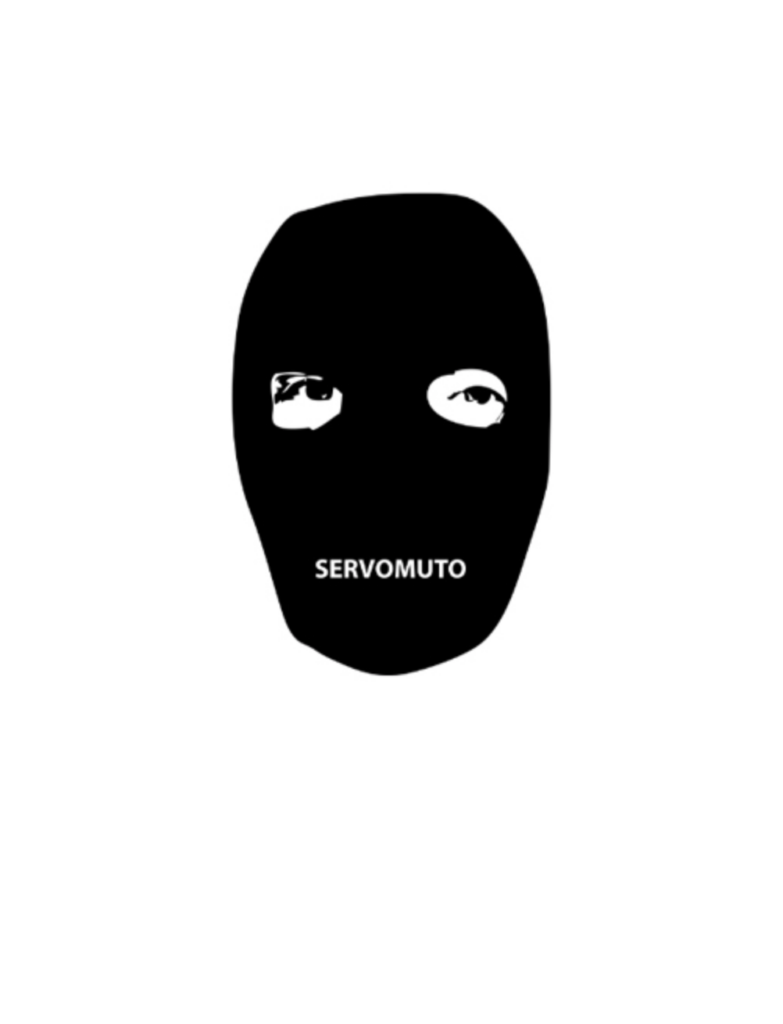
What are your sources of inspiration?
«As a trained graphic designer from I.E.D. in Milan, I have always been fascinated by colours, combinations, and the world of patterns; additionally, I am also an expert on ‘70s and ’80s streetwear, a fan of trends and avant-gardes in fashion and design. Recently, I have been collecting ‘70s ceramics signed by great names in Italian design. These interests led me to investigate the creation of an object that fused and synthesized all these facets of my personality.»
At Milan Design Week 2024, you opened the doors of your studio with the setup ‘At the End of the Courtyard to the Left’ created by Gaia Home Project, where you presented the Giardino Floor and Otto Table lamps. How was the experience?
«I have known interior designer Gaia Venuti for many years, both as a friend and a professional: we share a similar vision on many things. Gaia can add charm to spaces by infusing intimacy and personality. I entrusted her with transforming the Servomuto studio into a unique home where the brand’s creations could coexist with carefully selected objects. A home that anyone could live in, filled with design (and other) objects that, skillfully mixed, made the environment unique. It was certainly a positive and enjoyable ‘cohabitation.»
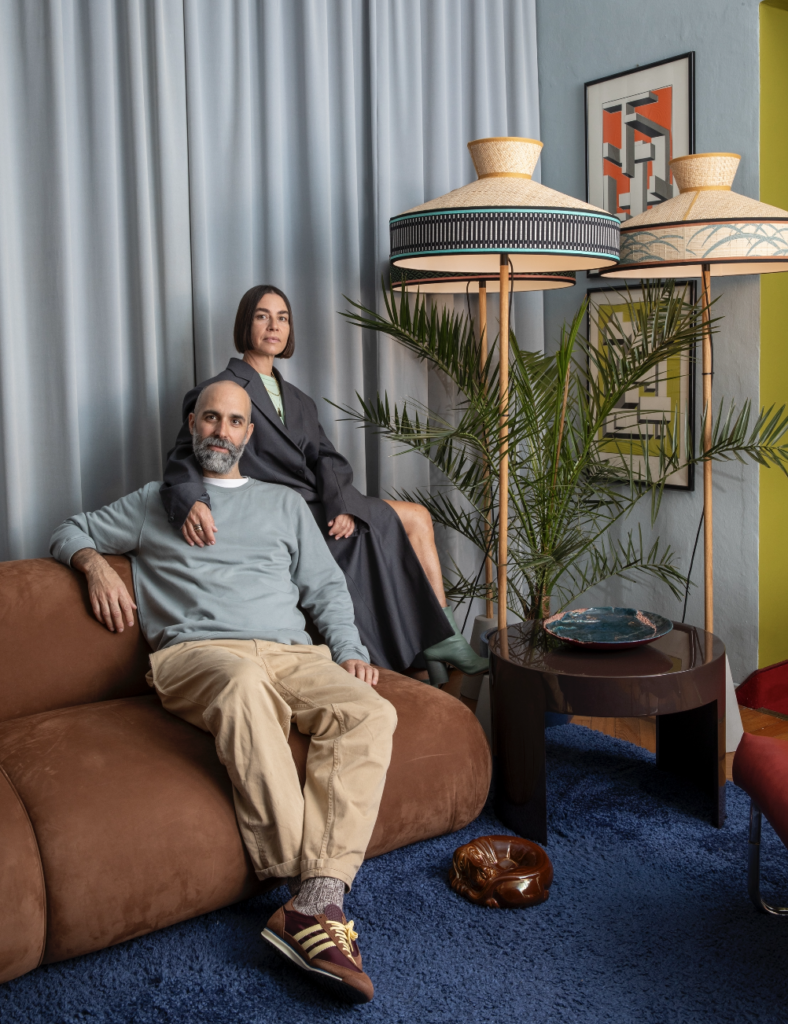
Does creativity have a gender? Are there feminine objects and masculine creations?
«I believe labels are an aspect of life that’s hard to escape. No matter how much one tries to avoid conformism, inevitably, one ends up creating an anti-conformism to which they conform again… Isn’t the genderless concept, born from escaping gender duality, a new form of standardization?

When I approach the design of a new lamp, I never think of a specific placement, a particular place, or other things… Servomuto lamps are designed by people for other people.»
What is your example of a more sustainable design?
«From the beginning, not just in recent years, Servomuto has had an approach opposite to large-scale industrial production. We immediately chose to favour an artisanal product with a high level of detail, requiring slow and conscious craftsmanship – a slow design with all the characteristics and timelines of made-to-order. This system limits the production of excess products compared to demand, aiming from the start to reduce numbers and thus the impact on the ecosystem. I believe the concept of sustainability in design, as in fashion and generally in every sector, can be summarized in reducing production, slowing down the offer in favour of a more inclusive path: the individual is at the centre of the project.»
